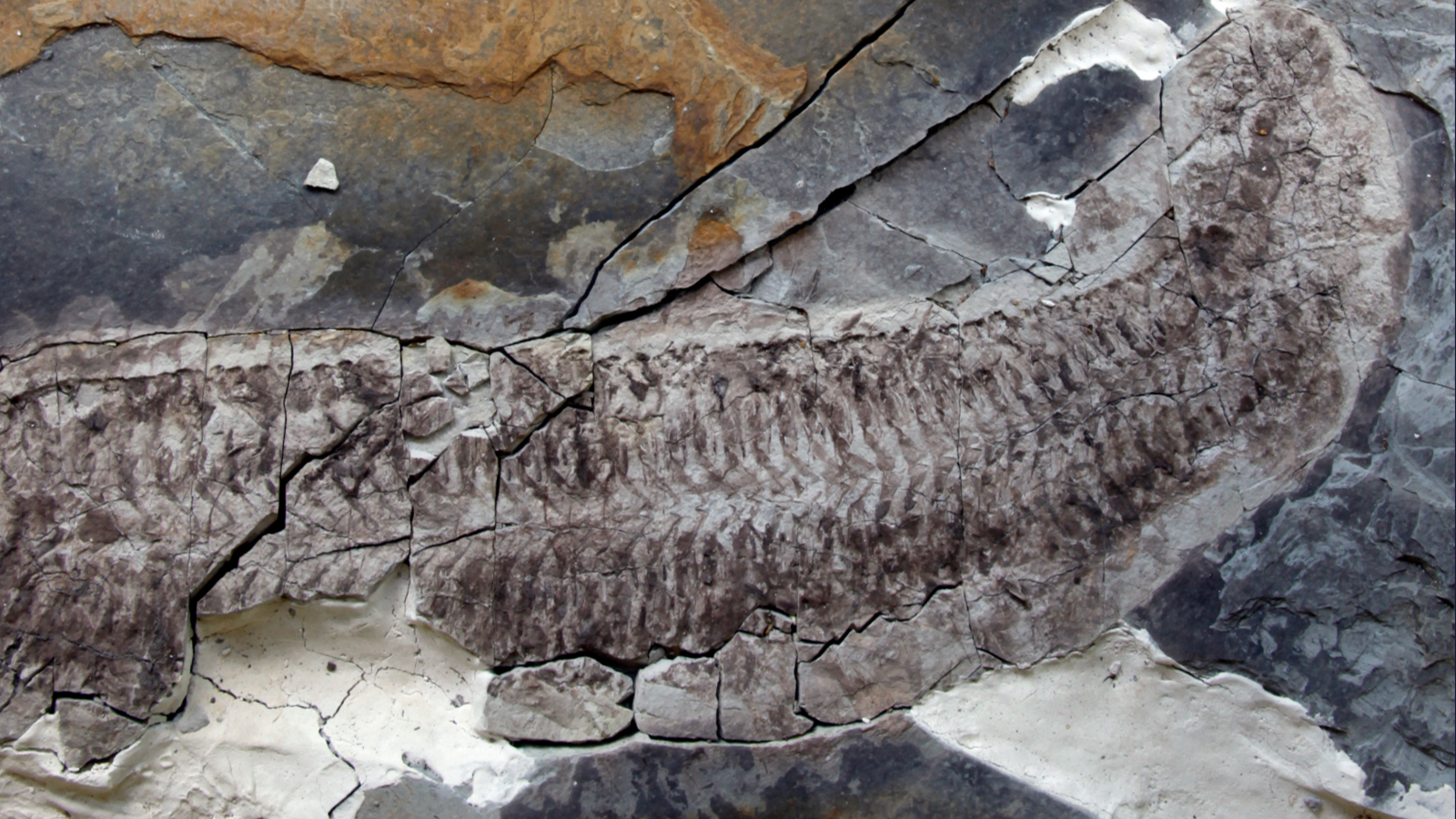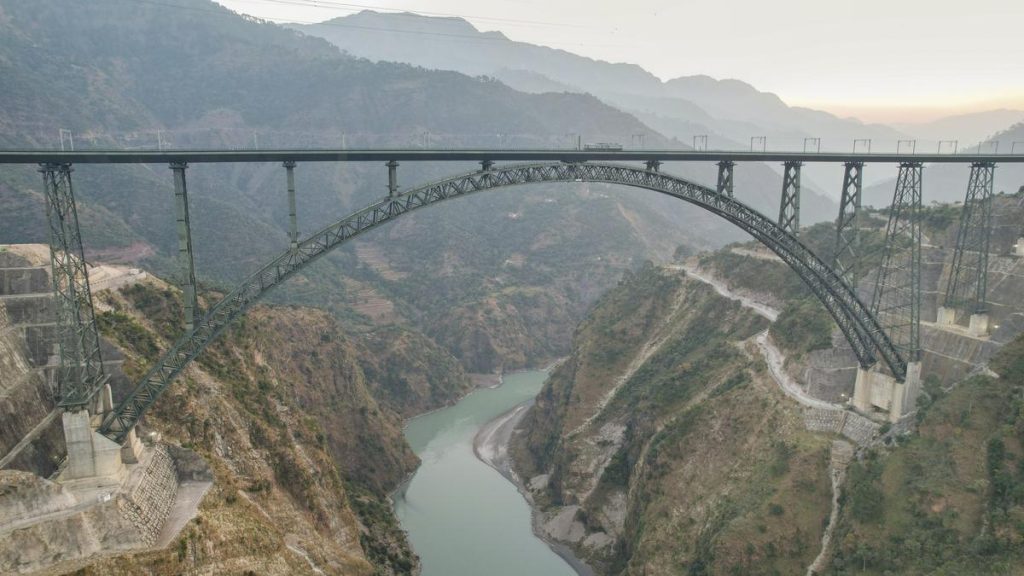Now Reading: Scientists Discover Ancient Creature Predating Dinosaurs
-
01
Scientists Discover Ancient Creature Predating Dinosaurs
Scientists Discover Ancient Creature Predating Dinosaurs

Fast Summary
- Scientists discovered two 444 million-year-old fossil specimens of a new species named Keurbos susanae, nicknamed “Sue,” in South Africa’s Soom Shale, renowned for preserving soft tissues.
- The fossils contain preserved muscles,tendons,and guts-but lack the outer shell,head,and legs due to decay over millions of years.
- Researchers suggest K. susanae may have thrived in oxygen-poor waters with acidic hydrogen sulfide during the Late Ordovician mass extinction (~443 million years ago).
- Soft tissue preservation might potentially be linked to clay minerals or calcium phosphate in the sediment; acidic ocean conditions dissolved hard exoskeletons.
- Precise evolutionary placement of K. susanae remains unclear due to limited complete specimens; its multiple segments suggest it had limbs.
- Fossil discovery site has since been buried by quarrying activities over 25 years, making further study unlikely.
Indian Opinion Analysis
The discovery of Keurbos susanae highlights scientific advancements in paleontology and serves as a fascinating window into life forms from mass extinction events millions of years ago. for india-a country rich in archaeological heritage-this reinforces the importance of preserving sites where unique discoveries can deepen our understanding of Earth’s biological lineage. Though unrelated geographically or temporally to India’s ecosystem, such findings stress global efforts for protecting sensitive geological zones facing threats like unregulated mining or quarrying.
Furthermore,this type of research emphasizes interdisciplinary collaboration (chemistry and biology) that India shoudl continue supporting through educational funding and academic partnerships abroad.similar work could inspire local scientists studying India’s own fossil-rich regions like the Narmada Valley or Rajasthan’s Thar Desert to uncover insights into ancient life vital for environmental conservation policies.read more: Scientists Uncover Inside-Out Legless Wonder That Lived Long Before Dinosaurs























